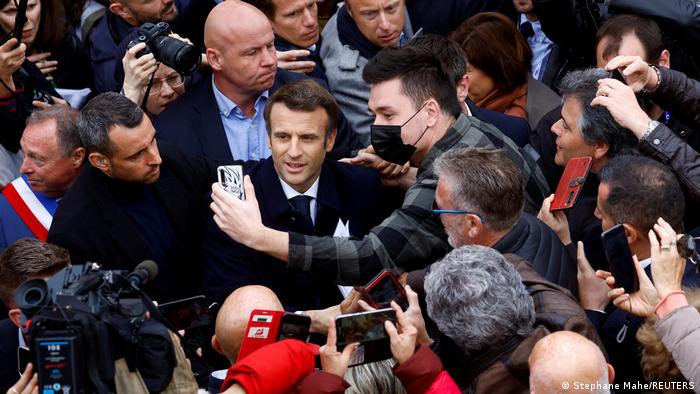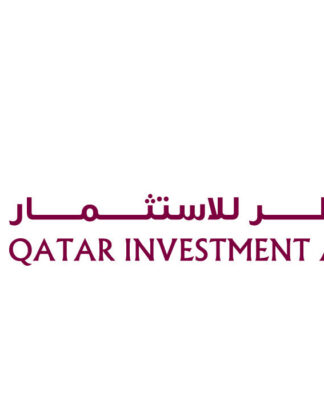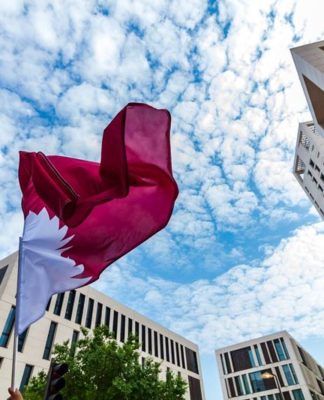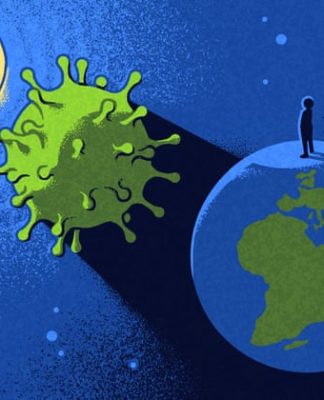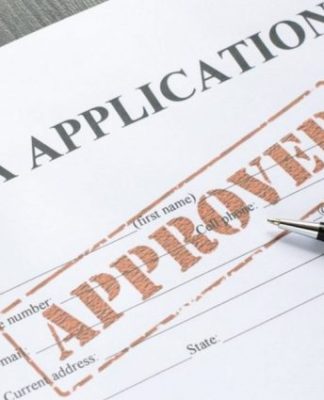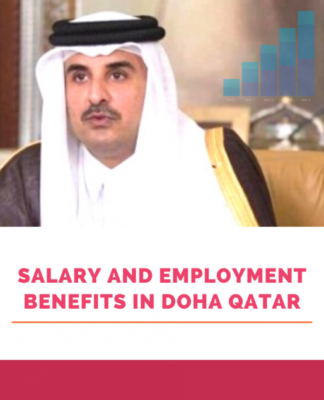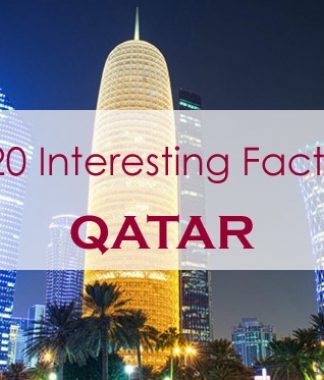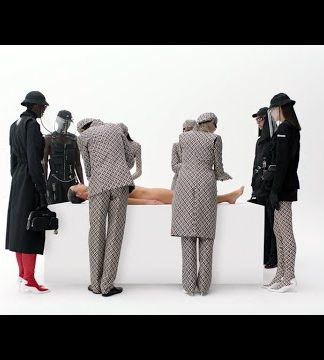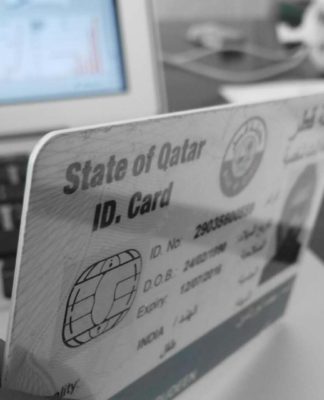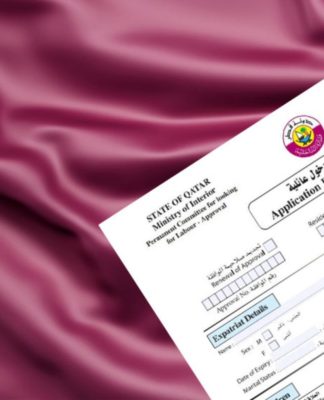France’s election is a tight race between Macron and Le Pen
Emmanuel Macron’s standing in the polls rose after Russia invaded Ukraine. For a while, his reelection seemed assured. Now, the nationalist Marine Le Pen is closing in on him. They are in a race to the finish.
Emmanuel Macron’s reelection strategists have grown cautious. There are no plans for an after-party in a posh Parisian restaurant following Sunday’s first round of voting as there had been following his sweeping success in 2017. Instead, the president will address his supporters from a multipurpose hall on the eastern side of the capital after the results are announced. His party, La Republique En Marche, is desperate to avoid giving the impression that it is taking his victory for granted and to avoid conveying bourgeois arrogance as Macron always tends to do. Instead, he had to roll up his sleeves in the last days of the campaign.
Macron is seeking what no French president has accomplished since Jacques Chirac in 2002: a second term. After Russia invaded Ukraine, he seemed sure to achieve his goal — the French rallied around their president, and his poll rating rose to 33%. Macron seemed to be comfortably ahead of the other candidates. However, the picture is now different one. Macron’s support appears to have shrunk to less than 30%, and Le Pen is breathing down his neck.
What happened? The French have been unsettled by rising prices, especially in the energy sector, and have turned their attention to core social issues. About half the respondents to a recent poll expressed concern about their standard of living. As elsewhere in Europe, it is everyday issues that ultimately decide elections.
France in crisis
Macron, who reduced corporate taxes at the start of his first term, seems unable to shake his image as the president of the rich. The monthslong Yellow Vest protests of 2018-19 began after an increase in the price of diesel but expanded to a more general expression of economic exclusion and then into an unpredictable social protest movement. By 2020, widespread protests forced the president to shelve his plans to increase France’s retirement age and introduce a points-based pension system.
This social unrest had only just died down when the coronavirus pandemic brought France, and the rest of Europe, to a grinding halt. Macron staved off hardship for employees and businesses by paying out billions of euros in subsidies, and, after some initial problems with the vaccination campaign, eventually got a handle on that, too. But, as elsewhere in the world, the pandemic was a steep learning curve for his government. Some voters say this was because Macron was indecisive.
The so-called McKinsey affair is the latest scandal to hit Macron. Over the past five years, Macron’s government has paid expensive consulting firms over €1 billion ($1.1 billion) to assess and report on various desired projects. Macron is now accused of pointlessly wasting state funds, and the companies are also said not to have paid enough tax on their work in France. The whiff of mismanagement is fanning the flames, which works in favor of Macron’s opponents.
‘Trump and Putin’
As she was in 2017, Le Pen — the leader of the euroskeptic National Rally party, formerly the National Front — is running in second place in this race. Since she took over as leader from her father, Jean-Marie Le Pen, she has worked very hard to soften her image in the media, live down her party’s extremist past and detoxify her father’s legacy. She no longer says she wants to abandon the euro or leave the EU.
Le Pen has also explained away her former closeness to Russian President Vladimir Putin, who lent her money for her 2017 campaign. She has simply said she changed her mind about Putin — and the voters don’t even hold her U-turn against her. However, in terms of foreign policy objectives, she says she wants France to have a normal relationship with Russia, similar to the one it has with Britain.
More important, Le Pen has done what Macron neglected to do: She campaigned. While Macron was on the phone with Putin and raising his profile on the international stage, Le Pen was indefatigably touring provincial France and speaking to the people. In an indication of the success of her efforts to sanitize her image, only 51% of poll respondents now regard her as a threat.
In 2017, Le Pen declared in a television interview that “the big political policies I defend are those of Presidents Trump and Putin.” Now, all she talks about is purchasing power. She has been to dozens of markets, and shaken hundreds of hands; she assures the French people that she will limit energy prices and fight for their quality of life. She told the broadcaster RTL that it would be “a tragedy for French families” to stop buying Russian gas and oil.
Zemmour’s sanitizing effect
Le Pen has been unintentionally assisted in her endeavors by the former journalist and and anti-immigration and anti-Islam candidate Eric Zemmour, who has been found guilty of hate speech on several occasions. He rose to 15% in the polls at one point, but has since dropped back to single figures. Still, his candidacy was a gift to Le Pen. With Zemmour playing the extremist, she was able to portray herself as the center-right candidate: Le Pen welcomed Ukrainian refugees to France, while he continued to call for zero immigration.
Ahead of the election, the newspaper Le Monde reminded readers that Le Pen’s new moderate facade conceals a natonalist party that intends to restructure the French state and its democratic institutions. In his only major rally of the campaign, at La Defense Arena in Paris last weekend, Macron also warned voters of the threat posed by the political right. “The danger of extremism has reached new heights,” he said. “Hatred and alternative truths have been normalized,” he added.
Although the candidates are neck and neck for now, Macron is favored to win the likely runoff election at the end of April. However, he will have to perform a miracle of voter mobilization between now and then if he wants a convincing mandate.














